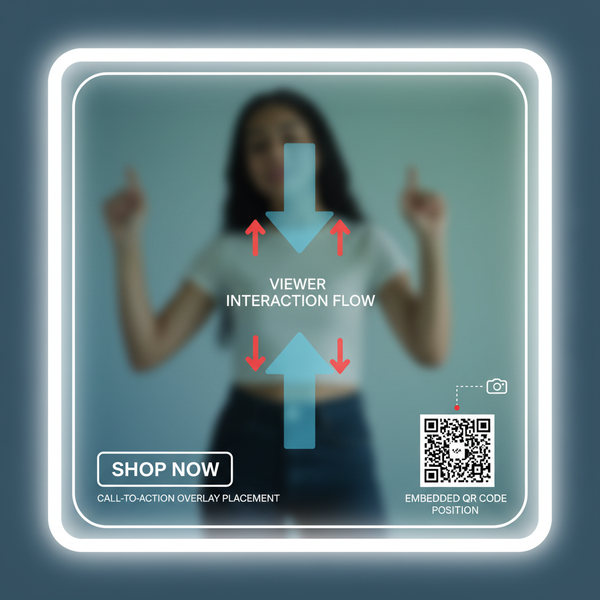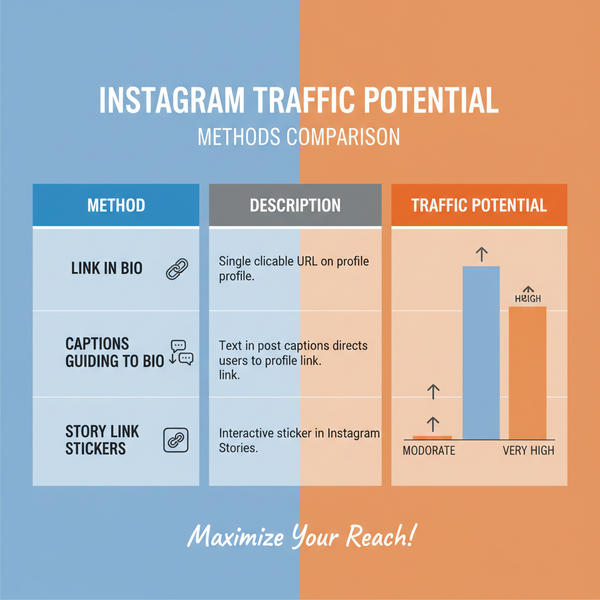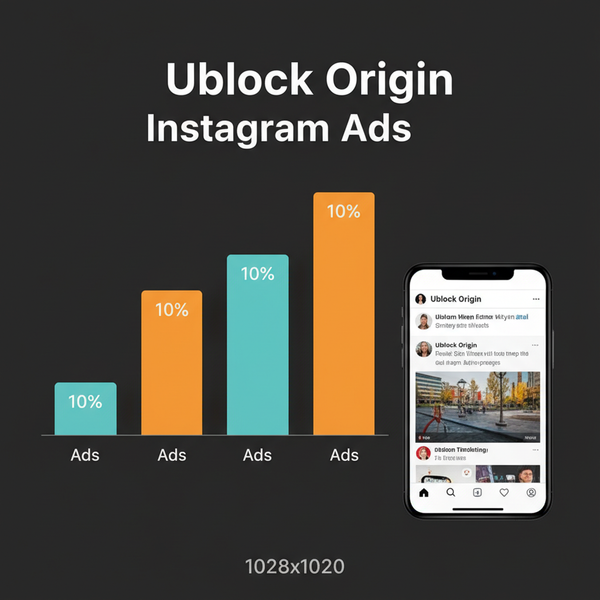2022 Social Media Calendar Planning for Maximum Engagement
Learn how to plan a 2022 social media calendar with key dates, optimal posting times, themes, and tools to boost engagement and audience reach.
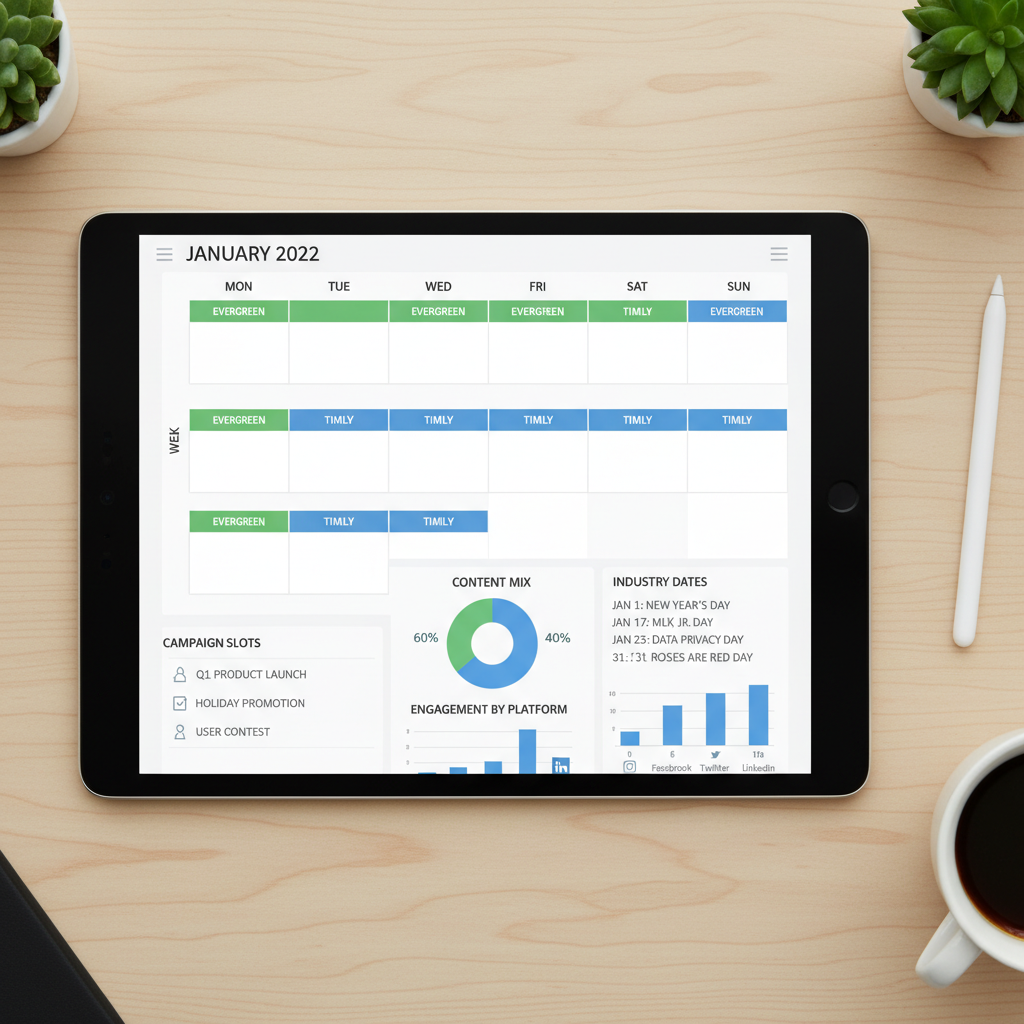
2022 Social Media Calendar Planning for Maximum Engagement
A strategic 2022 social media calendar is vital for brands aiming to boost engagement, reach, and conversions across digital platforms. In the fast-moving world of marketing, consistent scheduling aligned with seasonal events and audience behaviors allows you to capture attention, maintain brand presence, and grow communities more effectively. Planning ahead not only saves time—it helps optimize messaging for maximum impact.

---
Understanding the Importance of a Social Media Calendar in Marketing Strategy
A social media calendar acts as a roadmap for your content strategy, setting clear expectations for what to post, where to post, and when to post during the year. It helps you:
- Maintain brand consistency
- Align internal teams
- Reduce last-minute stress
- Predict and ride audience engagement trends
A well-defined schedule integrates online campaigns with offline events, ensuring cohesive storytelling across marketing channels and keeping you ahead of competitors.
---
Research Key Holidays, Events, and Industry-Specific Dates for 2022
Knowing which dates resonate with your audience is the foundation of effective content planning. This might include:
- Global holidays (New Year’s, Valentine’s Day, Christmas)
- Awareness days (International Women’s Day, World Environment Day)
- Industry events (Tech expos, Fashion Week, major sports finals)
- Local celebrations relevant to target regions
Documenting these in advance lets you craft content that is timely and relevant, with the added benefit of using official hashtags for greater discoverability.
---
Identify Target Audience Behavior and Optimal Posting Times per Platform
Each social network attracts unique user behaviors and peak activity periods. Understanding these patterns improves content visibility.
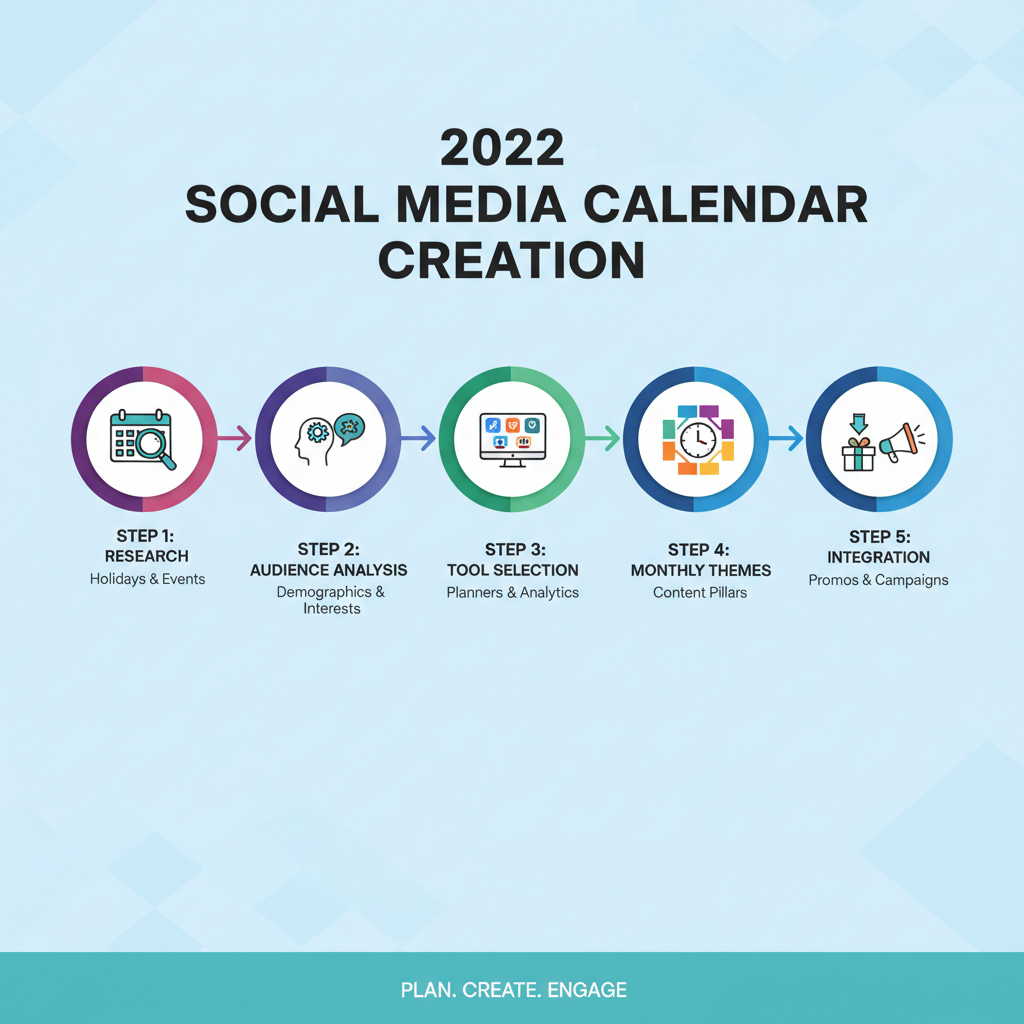
Here are some generalized 2022 benchmarks to consider:
| Platform | Best Posting Times (Local) | Audience Behavior Insights |
|---|---|---|
| Weekdays, 1–3 PM | Strong lunch-hour engagement; mid-week news consumption peaks. | |
| Monday & Thursday, 11 AM | High appeal for visual storytelling; younger audience checks often. | |
| Weekdays, 9–11 AM | Morning bursts drive trending conversations and quick news sharing. | |
| Tuesday–Thursday, 8–10 AM | B2B users active pre-work and during coffee breaks. |
Leverage your analytics tools for more precise, platform-specific posting schedules.
---
Choose Tools and Software for Scheduling and Automation
Automation platforms help you streamline content delivery. Popular options include:
- Hootsuite
- Pros: Supports multiple platforms, robust analytics
- Cons: Advanced features carry higher costs
- Buffer
- Pros: Easy to use, budget-friendly
- Cons: Limited analytics depth
- Later
- Pros: Powerful visual planning for Instagram
- Cons: Less suited to text-driven platforms
Select tools based on budget, team capacity, and platform focus.
---
Plan Monthly Themes and Weekly Content Formats
Monthly themes provide a predictable rhythm for your audience while staying fresh. Examples:
- January – New Year’s goals and inspiration
- March – Sustainability and eco-friendly tips
- November – Gratitude-focused stories
Weekly formats might rotate between:
- Videos (Stories, Reels, TikToks)
- Carousels (multi-image posts)
- Polls/Quizzes (interactive engagement)
- Live streams (real-time Q&A, demos)
---
Integrate Promotions with Seasonal Trends and Product Launches
Linking promotional campaigns to cultural occasions amplifies impact. For example, announcing summer products alongside vacation or beach-themed content in June and July generates relevance and urgency.
---
Balance Evergreen and Timely Content
Evergreen posts—like how-to guides and FAQs—should anchor your calendar, while timely, trend-based updates keep you agile. Aim for about 60% evergreen and 40% timely content to maintain both stability and adaptability in your strategy.
---
Create a Visual Content Plan with Deadlines and Responsibilities
Success depends on clarity around who does what and when. Include:
- Detailed content briefs
- Deadlines for creation, review, and publishing
- Defined roles (writer, designer, scheduler)
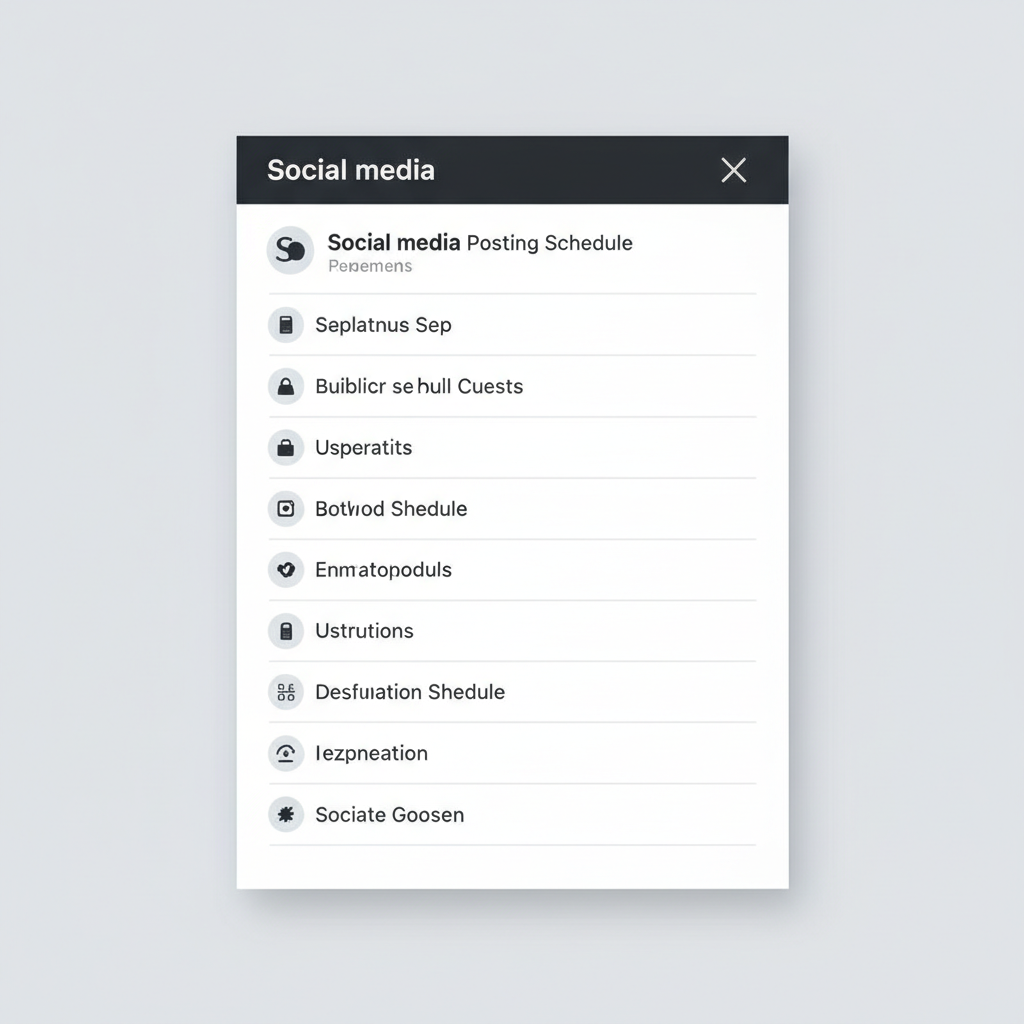
Tools like Trello or Asana make it easy to track responsibilities and progress.
---
Track Metrics: Engagement, Reach, and Conversions
Regular performance tracking enables optimization. Review metrics such as:
- Engagement rate – likes, shares, comments
- Reach – unique viewers per post
- Conversion rate – the percentage of viewers who take desired actions
Evaluate monthly patterns to guide adjustments.
---
Adjust Your Calendar Quarterly Based on Data and Feedback
Quarterly reviews should include:
- Analyzing performance data
- Collecting audience feedback through polls/surveys
- Updating themes, formats, and schedules
Flexibility ensures your social media calendar stays relevant as audience preferences evolve.
---
Tips for Cross-Platform Consistency Without Duplication
Avoid copy-pasting identical posts across channels. Instead:
- Repurpose formats: Convert an Instagram carousel into a LinkedIn deck
- Tailor captions for each platform’s voice
- Adjust visuals for device-specific dimensions and UX
This keeps your brand consistent while maximizing engagement per network.
---
Conclusion: Why Proactive Planning Wins in 2022
A well-executed 2022 social media calendar builds efficiency, improves engagement, supports brand growth, and delivers measurable results. By planning proactively, aligning campaigns with audience behavior and key dates, and reviewing performance regularly, brands can stay ahead in the competitive digital landscape.
Start mapping your calendar today to capture every opportunity, foster stronger relationships, and drive lasting success across your social platforms.

